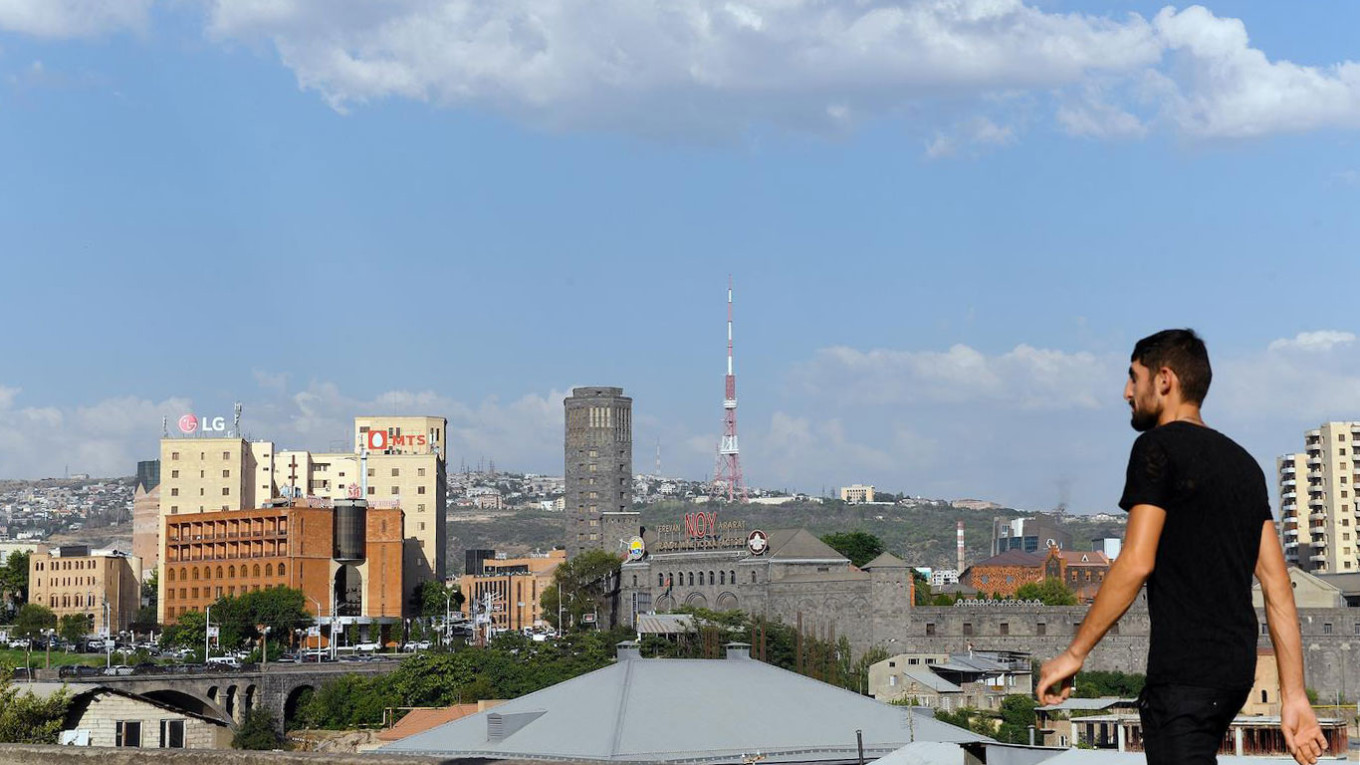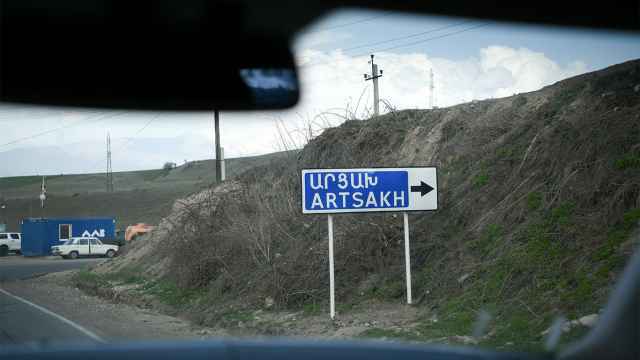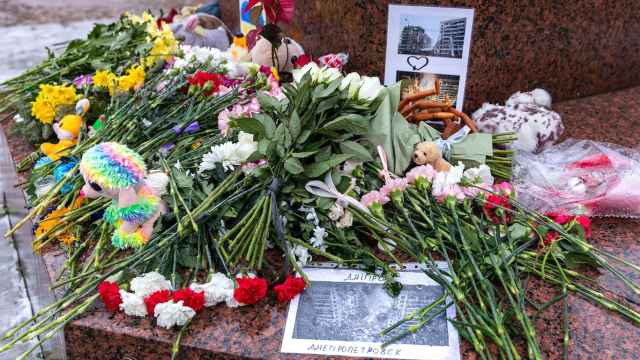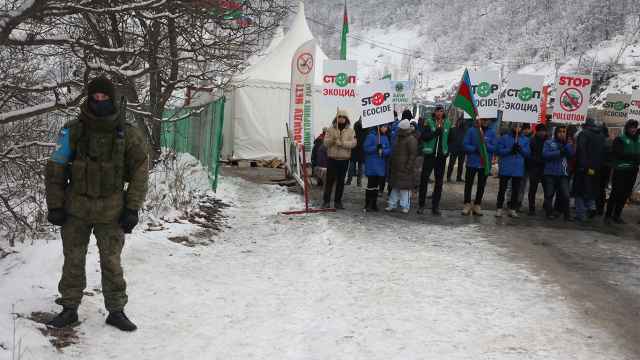YEREVAN, Armenia — A growing number of Russians who fled abroad because of the Ukraine war are seeking Armenian citizenship as the fighting drags on and it appears increasingly unlikely they will be able to return home anytime soon.
Muscovite Igor Plekhanov, 45, was one of tens of thousands of Russians who relocated to Armenia at the start of the Ukraine war in February. He applied for citizenship last month.
“I thought that my visit would be temporary; however, as time passed, I realized that I will remain in Armenia for a long time,” said Plekhanov, who hopes obtaining an Armenian passport will make it easier for him to set up a business in the country.
While many of the anti-war Russians who flooded into this South Caucasus nation at the start of the invasion — and again in late September when the Kremlin announced a “partial” mobilization — have since moved on to other countries, tens of thousands decided to stay.
Those that have remained have set up businesses and media outlets, put on cultural events, established new schools, and opened bars and restaurants — and seem increasingly likely to stay for the long term.
A total of 17,372 people applied for Armenian citizenship in the first nine months of this year, more than double the approximately 8,000 who applied in the whole of 2021, according to data provided by the Armenian police to The Moscow Times.
Ilya Devedzhian, 39, who moved to Yerevan from Moscow in March, applied for Armenian citizenship soon after his arrival and has already received his passport.
“The last time I was in Yerevan was in November. Back then I thought of getting citizenship and establishing a business in Armenia. [But] the war… accelerated my plans,” said Devedzhian, who opened a cafe in central Yerevan this summer.
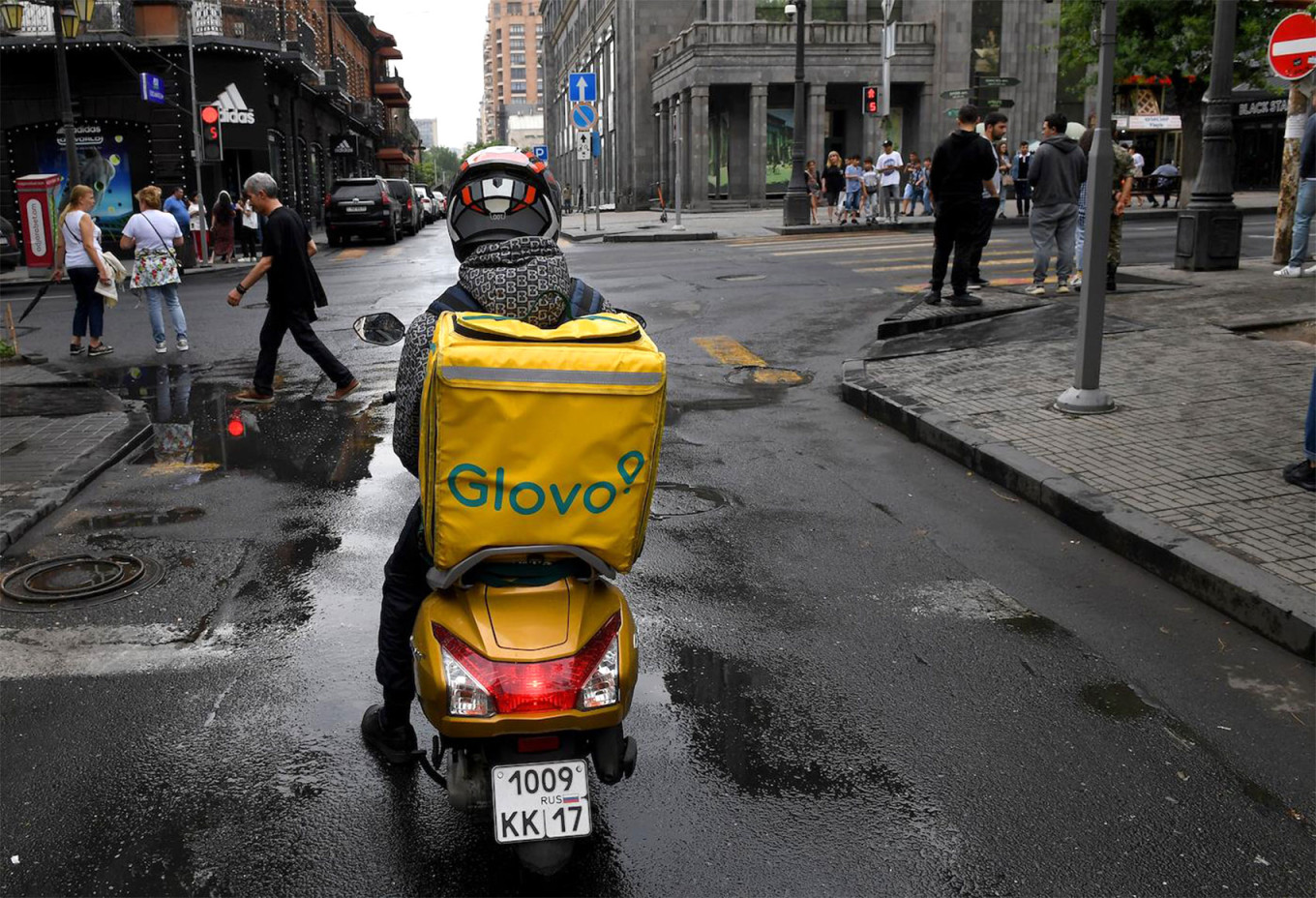
While anyone can apply for Armenian citizenship if they have been living in the country for at least three years and have a good knowledge of Armenian, most of the applicants so far, like Devedzhian and Plekhanov, have submitted applications based on their Armenian heritage.
“My grandfather is Armenian. That is what helped to get citizenship quickly. I applied for citizenship in June, and I am already a citizen of Armenia,” said Devedzhian.
While it is unclear exactly how many Russians have settled in Armenia since the invasion of Ukraine, the number is likely to run to the tens of thousands — a huge influx for this small, landlocked country of about 3 million people.
A total of 372,086 Russian citizens arrived in Armenia in the first six months of this year alone, according to the Armenian Migration Service — more than double the same period of last year, when there were just 159,466.
With the announcement of “partial” mobilization in September, the numbers in the second half of the year are expected to be even higher.
Other popular destinations for Russians fleeing abroad since the start of the conflict have also seen a spike in citizenship applications. In the Central Asian state of Kyrgyzstan, for example, applications for Kyrgyz passports from Russian citizens were up more than fivefold in the first nine months of the year, according to officials.
In many cases, as with Devedzhian and Plekhanov, the motivations of Russians seeking citizenship in Armenia are linked with their business plans.
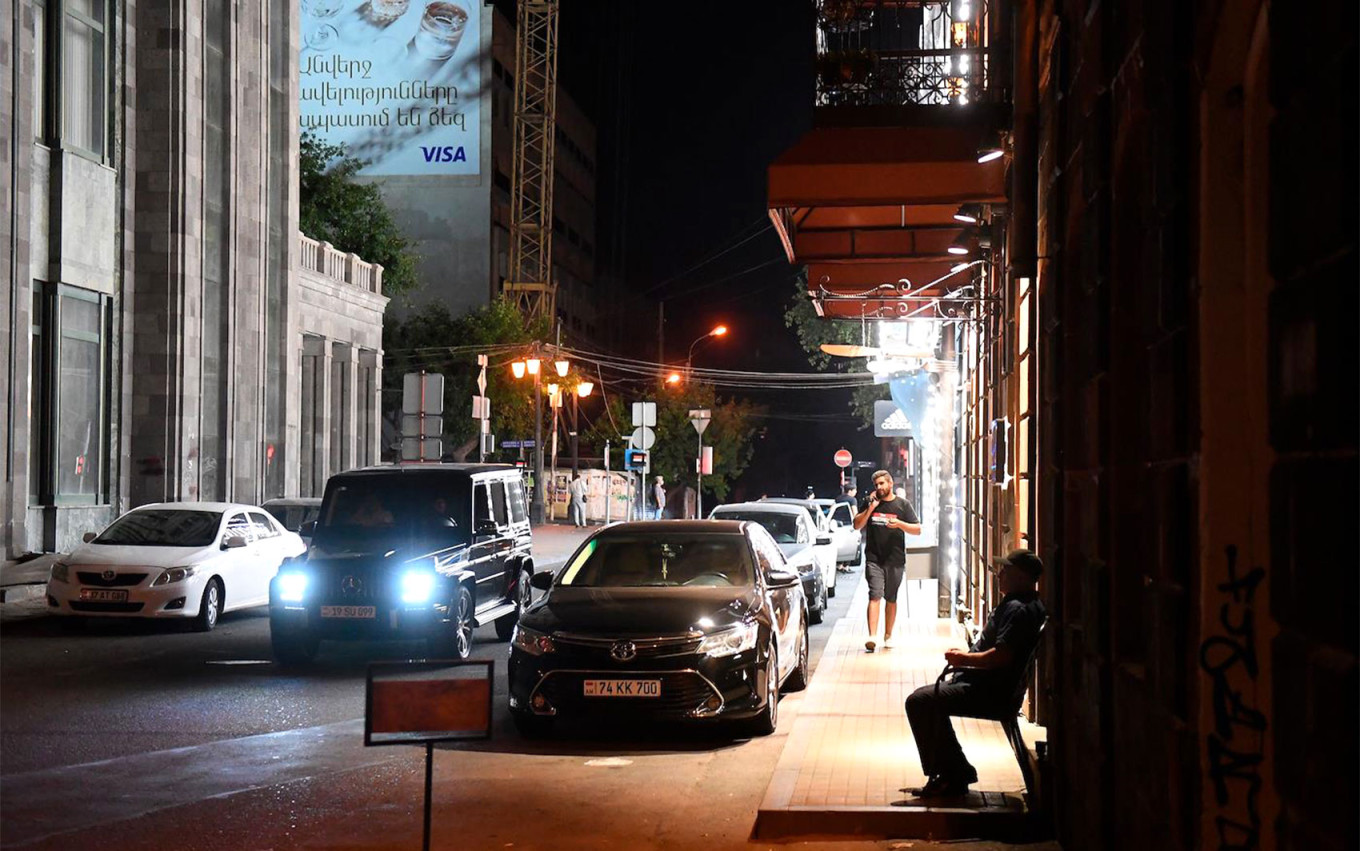
“I have business goals related to Armenia, but there are a number of paperwork issues… that's why I decided to get citizenship,” said Plekhanov.
However, others are apparently seeking more long-term stability — or even ways to avoid steep apartment rental prices, which have skyrocketed in the wake of the Russian influx.
“I have been thinking about getting citizenship for two months,” said a 30-year-old Russian woman who requested anonymity to speak freely. “The thought came to my mind when I realized that it is more advantageous to buy an apartment with a mortgage in Armenia than to rent… You have to pay at least $1,000 [per month to rent] the most affordable house, while you can buy the same house and pay the bank less money each month.”
While the mass arrival of Russians has caused problems for Armenia, including contributing to inflation and pricing out many locals from city centers, it has also sparked something of an economic boom. Armenia’s Central Bank last month raised its prediction for this year’s economic growth in the country from 1.6% to 13%.
And there are some signs that the Armenian authorities are taking steps to encourage Russians to put down roots.
The Armenian police pledged earlier this year to reduce the time taken to process citizenship applications from six months to 90 days. And the government is considering legislation that would allow those who invest $150,000 into the Armenian economy to apply for citizenship.
“I think that there will be people who would like to invest that much. I know people who aim to establish a school and other such institutions,” said Plekhanov.
But the demand is also attracting fraudsters, with the 30-year-old Russian woman admitting to have been tricked by one scam.
“An acquaintance of mine who moved to Yerevan at about the same time as me told me that there is a law under which you can pay $5,000 and get accelerated citizenship,” said the woman. “I gave him 10% of the money he was supposed to pay. But he took the money and disappeared.”
And Armenian citizenship not only makes life easier for those Russians who have made the country their home — it comes with certain obligations.
In particular, fighting-age male Armenian citizens could be drafted in case of a war with neighboring Azerbaijan. Simmering tensions between the two countries regularly escalate into violence and Armenia declared a general mobilization two years ago during a bloody, month-long war over the territory of Nagorno-Karabakh.
Devedzhian said he is “well aware” that he could be called up to serve in the Armenian military — but said that there was a big difference between the conflict between Armenia and Azerbaijan and the Russian invasion of Ukraine.
“I came to Armenia from Moscow because I fled the war. However, [this war] ... was forced on us,” he said. “I didn’t want to go and fight in that war. But in the case of Armenia, it is different. Here, it is a defensive war.”
A Message from The Moscow Times:
Dear readers,
We are facing unprecedented challenges. Russia's Prosecutor General's Office has designated The Moscow Times as an "undesirable" organization, criminalizing our work and putting our staff at risk of prosecution. This follows our earlier unjust labeling as a "foreign agent."
These actions are direct attempts to silence independent journalism in Russia. The authorities claim our work "discredits the decisions of the Russian leadership." We see things differently: we strive to provide accurate, unbiased reporting on Russia.
We, the journalists of The Moscow Times, refuse to be silenced. But to continue our work, we need your help.
Your support, no matter how small, makes a world of difference. If you can, please support us monthly starting from just $2. It's quick to set up, and every contribution makes a significant impact.
By supporting The Moscow Times, you're defending open, independent journalism in the face of repression. Thank you for standing with us.
Remind me later.



